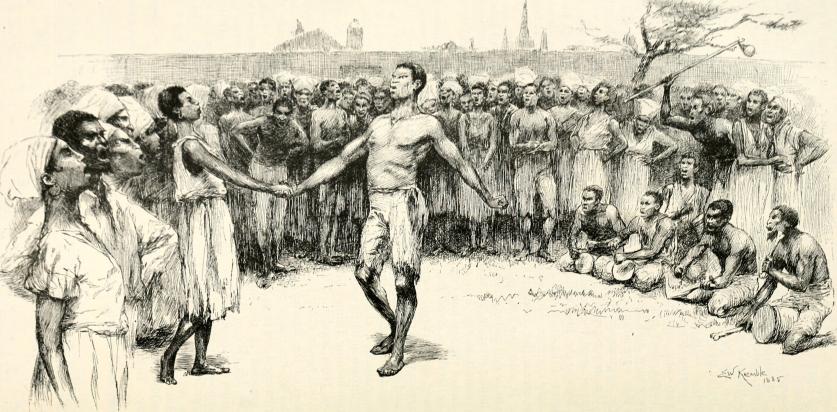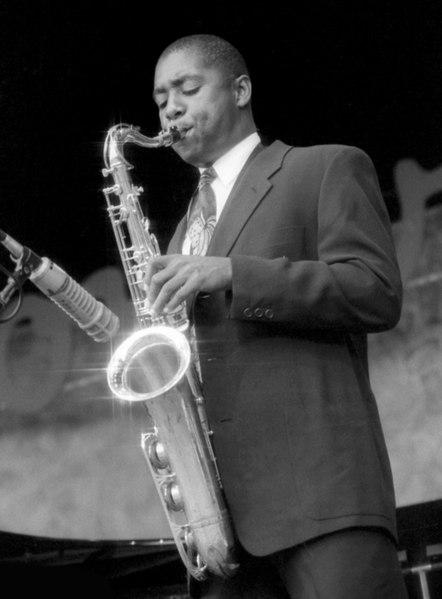
Introduction to Lesson 14 (Continued)
During the 1800s, New Orleans was the most cosmopolitan and musical city in America-a cultural mecca, as it were.
French, Spanish, Italians, Creoles of color (French or Spanish mixed with African ancestry), and African Americans were represented in its population. New Orleans was also a significant center of the slave trade. As the New Orleans Historical Society reveals, beginning in 1817, slave masters allowed their slaves to sing and dance on Sunday afternoons at Congo Square. At the same time, shipments of slaves arrived from the West Indies. It is important to note that many Creole musicians were classically trained and identified more with their European ancestry. Consequently, they often looked down on Black people with darker skin. This cultural mix as well as the music at Congo Square played a major role in the development of jazz.
Earlier forms of African American music, particularly the blues and ragtime, are equally important to the birth of jazz. What emerged from Black people's search for an aesthetic that will musically free them from derogation of minstrelsy since the Civil War is the blues. The blues was the secular twin of the sacred music of the Black Baptist church, filled with call-and-response, shouts, moans, exhortations, and signifying. Always intensely personal, meant to make the listener feel better, the blues expects each performer to tell a story: "The blues is about sculpting meaning out of a situation that seems to defy your being able to find meaning in it" (Burns 2001). Branford Marsalis, jazz saxophonist and younger brother to Wynton, also comments: "The blues are about freedom. There is liberation in reality. The fact that you recognize that with which pains you is the very friend in the liberating experience" (Burns 2001).

In New Orleans, musicians would find a way to deepen the message of the blues by playing it on their horns…. [in] the militaristic style… holding the vibrato at the end of a note or shaking the notes. The spiritual sound of the church as well as the secular sound of the blues...Musicians who could understand these two elements and put them in their horn, side by side, that could represent that angel and that devil could really play.

Heebie Jeebies
Say, I've got the Heebies
I mean the Jeebies
Talking about
The dance, the Heebie Jeebies
Do, because they're boys
Because it pleases me to be joy
Louis Armstrong
Very few of the men whose names have become great in the early pioneering of jazz and of swing were trained in music at all. They were born musicians: they felt their music and played by ear and memory. That was the way it was with the great Dixieland Five.







